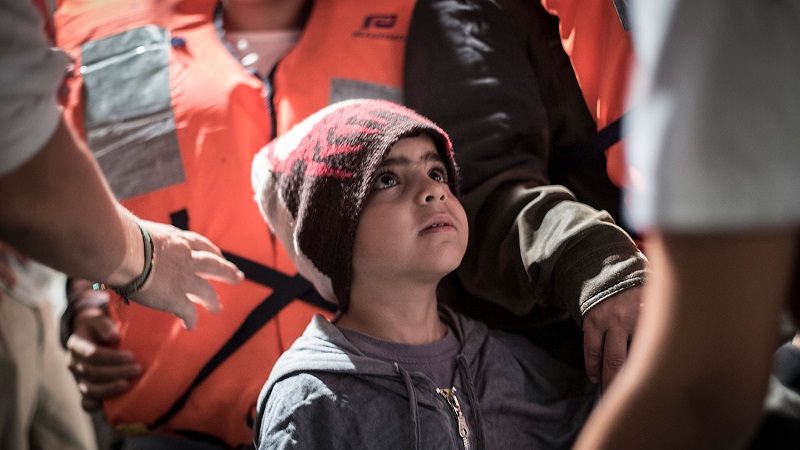The European Court of Human Rights had extremely harsh words regarding Malta’s treatment of newly arrived asylum seekers.
In particular, the court blasted Malta’s treatment of vulnerable children and expressed grave concern at the lack of justice for victims of human rights violations.
The case decided on 22 October regarded six persons, five of them children, who endured 182 days of detention. Earlier the same court had found in favour of another detainee. The six reached Malta on 18 November 2022.
The cases were handled by NGO aditus that said
After their disembarkation, the authorities placed them at the Hal Far Initial Reception Centre, the so-called China House, along with around 40 other adults.
The authorities were immediately informed that they were children, but it was only six months later, in May 2023, that the responsible agency confirmed they were minors.
Throughout this time, the six remained locked up, first in the China House and then in the Safi Detention Centre, supposedly a child-friendly zone.
During this time, the court noted, they were hosted with adults, and no measures were taken to ensure they received proper counselling or educational assistance from qualified personnel.
The court complained about the abysmal living conditions – some of the bathrooms had no doors, some of the showers and wash basins were blocked and flooded the floor when used.
The court once again criticised the way Malta handled human rights violations. The Constitutional proceedings are not effective – they fail to offer victims a worthwhile and real remedy.
Detained persons, especially children and vulnerable persons, face serious challenges in obtaining information on their rights and how to secure them.
Stripped of their phones and of contact with the outside world, the court said, Malta’s detention centres effectively block them from any protection and safeguards. They ended up spending 24 hours locked up with nothing to do for months on end.
The court was then scathing about the Immigration Appeals Board and insisted it needs a radical change. It is composed mainly of political appointees who lack the necessary technical expertise.
The court added that there is no transparency in the appointment procedure by the home affairs minister.
The court criticised the shoddy work of the Immigration Appeals Board when it ignored basic procedural rules and indiscriminately confirmed the lawfulness of their detention.
It then hinted at ‘substantial financial interest’ and ‘satisfaction of the executive’ as being main elements of the entire process. Additionally, the automatic reviews provided for by law did not take place.
The cases were taken up by NGO Aditus, which said: “For our clients, this is a huge victory. They are children who decided to take on an EU Member State’s migration policies. They chose to stand up to injustice. As we stood with them throughout these difficult procedures, we continue to stand with others who remain locked up. There are alternatives”













